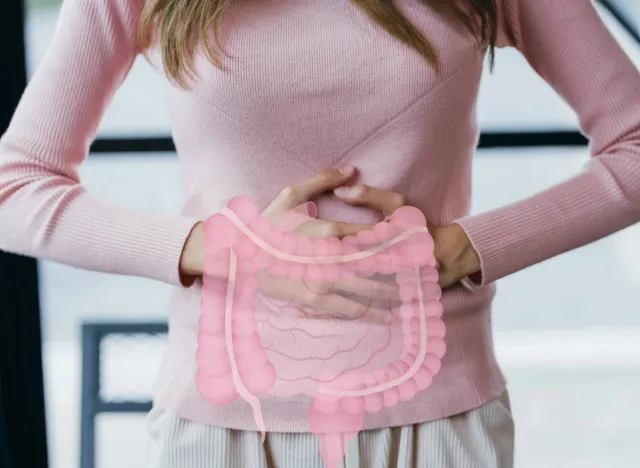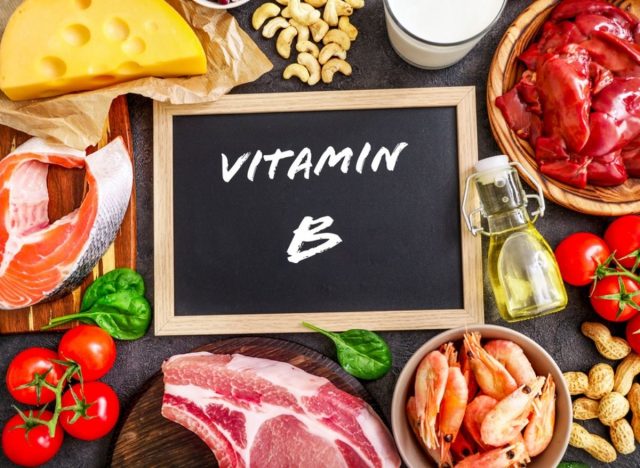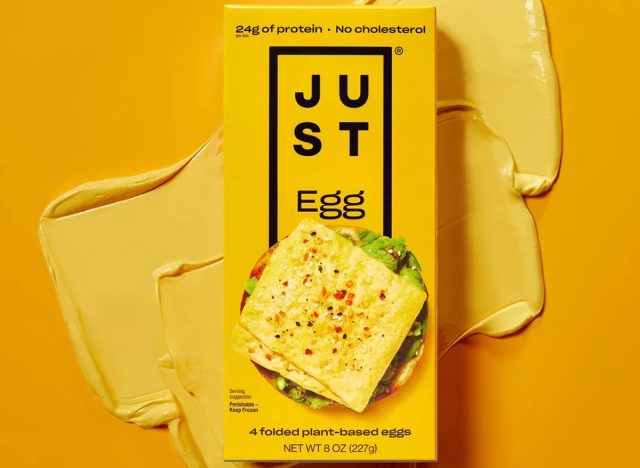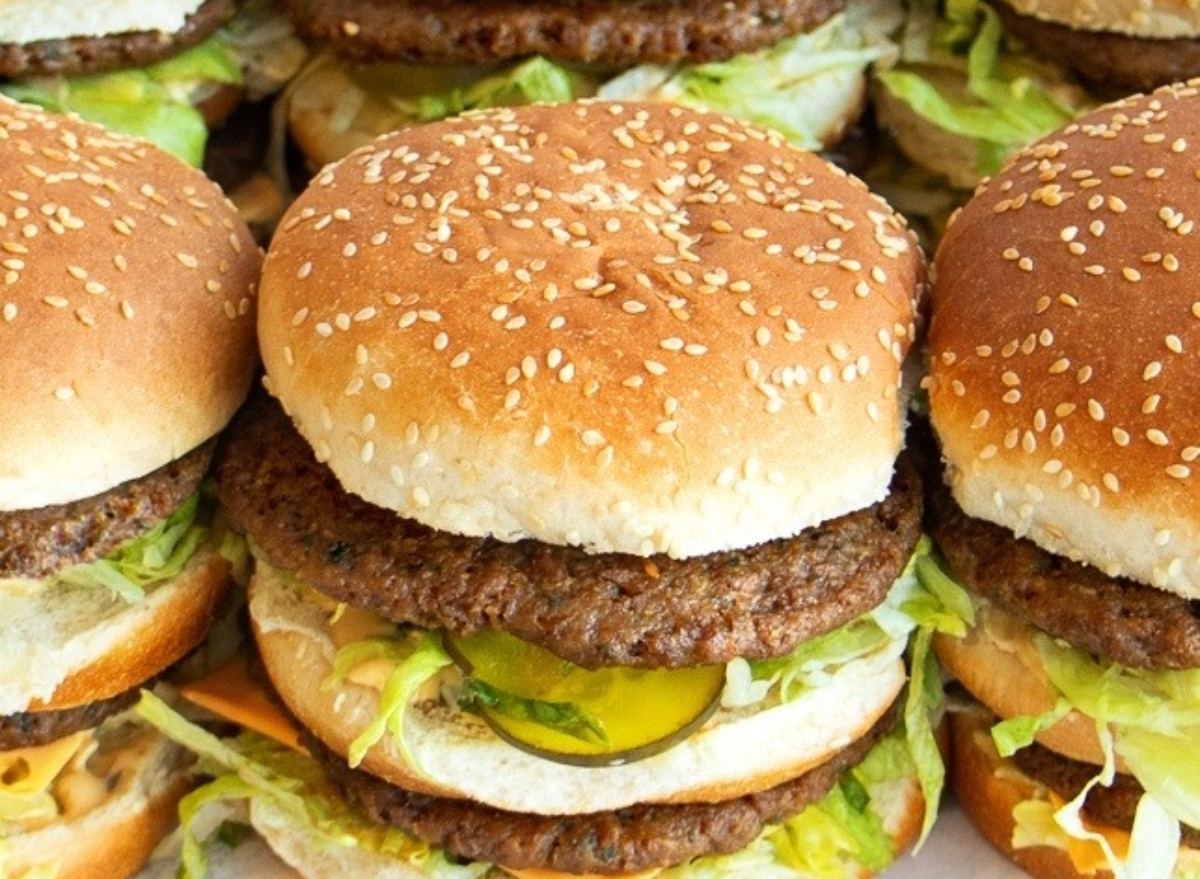10 Benefits of Eating a More Plant-Based Diet
If you’re looking to live a longer, healthier, and happier life, we have a suggestion for your New Year’s resolution. Yes, we said resolution—not resolutions, because it’s possible for you to make just one impactful change that can improve your health and wellbeing on all fronts: eat more plants.
It’s as straightforward as that. You don’t have to give up anything. You don’t have to make any radical changes to your routine. All you have to do is pull out your grocery list and add fruits, vegetables, legumes, whole grains, and plant-protein as part of your regular diet. (And then eat them, of course.)
Eating more plant-based foods every day can change your life in more ways than you might think. It can fulfill one of the most common New Year’s resolutions—to lose weight—but it can also have an impact on your mental health, lower your risk of chronic diseases, support a more sustainable food system, and benefit the environment.
There are very few resolutions that have a bigger impact than adding more plants to your plate, and even fewer can do so with such little disruption to your daily life.
Why should you be eating more plants?
The reason why this resolution can make such a big impact on your health is because of the current state of our diets.
Right now, just 1 in 10 adults meet the federal fruit or vegetable recommendations, according to the CDC. And these recommendations aren’t as out of reach as you may think: Adults should be eating between 1 ½ to 2 cups of fruit and 2 to 3 cups of vegetables per day.
Eating a daily diet rich in fruits and vegetables ensures that you get enough of the essential vitamins, minerals, and fiber that these whole foods provide. And “essential” isn’t an exaggeration. There are many nutrients our bodies can’t produce on their own—such as vitamins A and C, macronutrients like fiber, and minerals like magnesium—that are required for growth, good health, and disease prevention. Plants are the only source of some of these essential nutrients, like dietary fiber, vitamin C, and flavonoids.
What is a plant-based diet, exactly?
There are many misconceptions surrounding plant-based eating. Some people think it means that you can only eat kale salads or you have to avoid meat, but that’s not the case.
Plant-based eating means adopting a diet that simply prioritizes plant-based foods; it doesn’t mean you have to eliminate one food group or nutrient altogether.
On the contrary, it’s about eating more food groups. A plant-based diet should focus on eating more vegetables, fruits, whole grains, nuts, seeds, and legumes, while meat and dairy play a supporting role.
You can also think of it as a “plant-forward” diet. Instead of replacing meat, simply reduce your portion size of meat and put more plants on your plate. You can also experiment with new, plant-based proteins in order to cut down on animal-based ones.
This will feel more doable when you make small, easy swaps that don’t sacrifice flavor. For example, you can swap out your morning eggs with a plant-based option like JUST Egg. Made from mung bean protein, JUST Egg has that familiar taste and texture you know, but without the cholesterol. As for easy? Pourable JUST Egg comes in a convenient bottle so all you have to do is grab it from the fridge, heat up a pan, cook, and enjoy!
10 benefits of eating more whole plant foods
Eating plant-based is more than just a sustainable diet change; it also has immense health and environmental benefits. Let’s take a closer look at everything that can happen to your body and the earth by making just a single change to your diet: putting plants first.
You may live longer

Eating plant-based protein instead of animal protein reduces the risk of early death, according to a recent study published in JAMA Internal Medicine. Researchers compared the protein intake and mortality rates of over 400,000 participants over the course of 16 years. Those with the greatest intake of plant protein reduced their overall risk of death by 10 percent compared to those who ate less plant-based protein and more animal protein.
There are many sources of animal protein, from red meat to poultry, but you may be surprised to learn that the biggest risk reduction of early death (a staggering 20%) came from replacing eggs with plant protein, according to the study. This even beat out replacing beef, which was associated with a 13% decreased risk of death.
If you want to take the next step in a plant-based diet and start to swap out some animal protein with plant protein, you’ll do your body a world of good. Results showed that replacing just 3% of animal protein with plant-based protein reduced the risk of death from heart disease by up to 12%.
Need a new breakfast idea? Our go-to plant-based egg is JUST Egg. Made entirely from plants, JUST Egg is packed with 5-7 grams of clean, sustainable protein from mung beans—about the same amount of protein as a conventional egg. While it scrambles and tastes just like eggs, JUST Egg differs from traditional chicken eggs in that it has zero cholesterol and only plant protein. It’s great as a scramble, or use it to make the fluffiest, most decadent French toast.
You’ll support a healthier planet

Plant-based diets are not only good for your body; they can also provide benefits to the environment. In fact, a team of 37 world-renowned scientists recently published a report that determined a plant-based diet is the healthiest for both people and the planet.
The more plant foods you eat, the lower your greenhouse gas (GHG) emissions are, because animal foods require much more water and energy to produce. For example, vegans and vegetarians generate 30% fewer GHG emissions than meat-eaters, according to a study by Loma Linda University researchers.
Finding more ways to add plant foods to your diet—and plant-based protein, in particular—can help lower your environmental footprint. For example, start your day with a plant-based egg omelet with spinach, peppers, and mushrooms. When you choose JUST Egg, you’re nourishing your body with ingredients that use 98% less water, 86% less land, and have a 93% smaller carbon footprint than traditional animal products. Who knew you could help save the world before lunchtime?
Your body will be better able to regulate your weight

Whether you’re looking to stay at a healthy weight or lose weight, plants will help you get there. When overweight men and women were asked to eat five servings of fruit and vegetables per day, they lost nearly 7 pounds over the course of 16 weeks, according to a British Journal of Nutrition study. After a year, those fruit and veggie eaters didn’t gain as much weight as participants who were not instructed to increase their produce consumption. Other studies have found similar results.
Plus, regularly eating staples of a plant-based diet, such as legumes, can also help with weight loss. In one study from The American Journal of Clinical Nutrition, researchers found eating legume pulses like chickpeas, white beans, and lentils daily can lead to a weight loss of close to a pound in about six weeks.
You’ll look younger

Forget the skin creams—grab the fruit! The beauty industry mints money on promises of serums’ and lotions’ abilities to reduce fine lines, wrinkles, and make you look younger. The good news is that all of those things are possible—and the even better news is that you can attain those results at a fraction of the cost by eating whole foods. Thanks to a study published in The Journal of Clinical and Aesthetic Dermatology, we know that a whole-food, plant-based diet rich in antioxidant vitamins—like A, C, and E—can help eliminate harmful carcinogens and toxins in the bloodstream. It’s also been shown to lengthen telomeres, which prevents cellular damage and slows skin aging.
You’ll protect your heart

Plant-based diets contain plenty of high-fiber foods, which can reduce the risk of heart disease by helping to lower the absorption of cholesterol into your bloodstream. In fact, a 2017 study from the American Heart Association found that those who ate a mostly plant-based diet had a 42% decreased risk of developing heart failure compared to those who didn’t.
You’ll support a healthier microbiome

A plant-based diet that incorporates a variety of fiber-rich plants will make for a more diverse and healthy gut microbiome. The gut microbiome—where the beneficial probiotic bacteria live—is incredibly important to your overall health, and is at its strongest when its probiotic community has a varied population of microbial species. The best way to achieve this is with a diverse, plant-based diet. One study of 11,300 people found that the factor most closely tied to a healthy gut microbiome was the diversity of plants in your diet. So get your greens, oranges, reds, and yellows in every day!
You may lower your blood pressure

High blood pressure is the leading risk factor for heart attack, stroke, and other cardiovascular diseases, so reducing it can have important long-term health benefits. One way you can do this is by following a plant-based diet that still includes meat and dairy. A meta-analysis published in The Journal of Hypertension found that plant-based diets, even with limited animal products, are linked to a 14% reduction in stroke, a 9% reduction in heart attack, and a 7% reduction in overall mortality compared to a standardized control diet.
“This is a significant finding as it highlights that complete eradication of animal products is not necessary to produce reductions and improvements in blood pressure,” lead study author Joshua Gibbs, a student at the University of Warwick School of Life Sciences, said in a press release. “Essentially, any shift towards a plant-based diet is a good one.”
You may feel happier

Eat good, feel good. In a study published in the American Journal of Health Promotion, researchers found that participants who began a plant-based diet showed improvement in their symptoms of depression and anxiety—making them feel happier and more at ease.
You’ll get more nutrients

Studies show that plant-based diets tend to be rich in a number of important nutrients, including vitamins, minerals, fiber, and phytochemicals. National Health and Nutrition Examination Survey data shows that plant-based diets are higher in micronutrients compared to a standard omnivore diet—but the difference isn’t linked to fruit and vegetable intake. Instead, it’s more closely tied to other plant-based foods (whole grains, legumes, nuts, and soy products), further underscoring the importance of diversity in your diet for all whole plant foods.
It’s more sustainable for you

We all want what we can’t have, right? That’s one of the reasons why losing weight and keeping it off can be so hard. Most diets require you to cut out large food groups or make other compromises that are unsustainable long-term. That’s where plant-based eating differs. A plant-based diet is inclusive, and also more of an ethos than a “diet.” It doesn’t require you to focus on the foods you can’t eat or cause you to worry about what you have to “give up.” It only acts as a reminder of what you should eat, so there’s no such thing as slip-ups.
To make it even easier to incorporate plants into your meals, start by buying some prepared veggies (like baby carrots), easy-to-eat fruits (like bananas), and some convenient sources of plant protein. We’re big fans of foods like JUST Egg Folded: a plant-based egg that’s already pre-baked, folded, and frozen. All you have to do is pop it in one side of the toaster, toss a slice of bread in the other slot, halve an avocado, grab an apple, and—boom—you just got some fruit, veggies, and whole grains in one easy, convenient meal!









